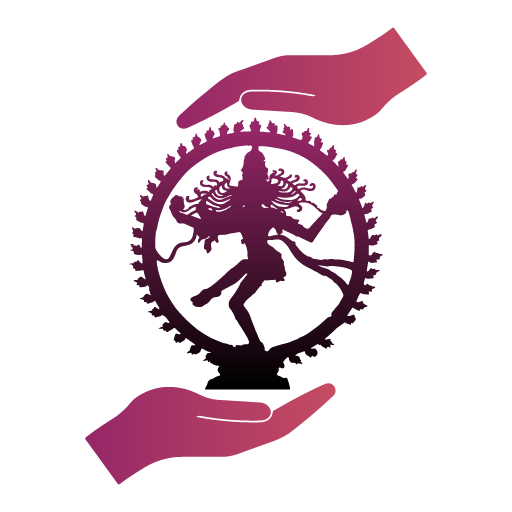Jon Beel Mela
Domain:Social practices, rituals and festive events
State: Assam
Description:
The Jon Beel Mela is an age-old traditional fair, a virtual wonder in its own right. The most striking feature of this historic fair is that it has kept alive the system of barter as a means of procuring goods. This mela is organised every year in the month of Magh of the Assamese calendar (mid-January) near the highway town of Jagiroad in the Morigaon District of Assam. The three-day annual event is organised under the traditional king of the Tiwa tribe called Gobha Deoraja that once ruled the area. The fair is organised on the occasion of Magh Bihu, a traditional harvest festival of Assam. A wide range of pristine customs and practices are associated with the fair. Here, the different hill tribes such as Tiwa, Karbi, Khasi and Garo, from the neighbouring West Karbi Anglong and Meghalaya and their counterparts from the plains, exchange products directly without the involvement of any money. The age-old tradition of barter comes alive in this unique fair in a spontaneous manner. The fair is also considered as an opportunity for maintaining cordial relations between the people of hills and the plains. The Tiwas, also known as Lalungs, are one of the oldest tribal communities of the regions and are mostly found in the plains and the hills of central Assam. Apart from the village and clan-level socio-political organisations, the existence of some self-governing social institutions headed by chiefs called Rajas (meaning king) are also found in this tribe. Besides being a traditional head of community invested with judicial authority along with a council of Ministers (Darbar) and office-bearers, these chieftains are often regarded as Deoraja, meaning a religious king or a religious head. Apart from the Jon Beel Mela, a wide range of other intangible cultural elements are found associated with these institutions including folk customs, beliefs, oral history, legends, artifacts, festivals, ceremonies, judicial procedures, management systems and inheritance regulations. There are more than a dozen of traditional Tiwa kings in existence today, along with their organised kingship institutions . The kingship institution of Gobha is considered as the most significant as it used to be the paramount province. The Jon Beel Mela is organised under the Gobha Deoraja to facilitate trade among the communities of the hills and the plains.
 Government of India
Government of India




































 Recognizing the ongoing need to position itself for the digital future, Indian Culture is an initiative by the Ministry of Culture. A platform that hosts data of cultural relevance from various repositories and institutions all over India.
Recognizing the ongoing need to position itself for the digital future, Indian Culture is an initiative by the Ministry of Culture. A platform that hosts data of cultural relevance from various repositories and institutions all over India.